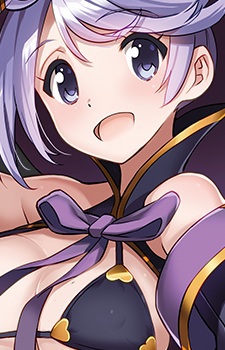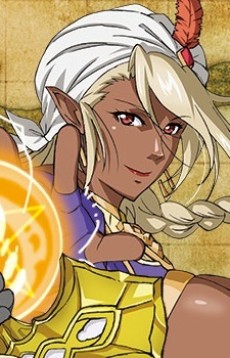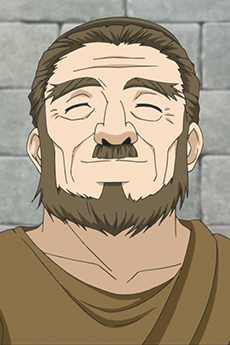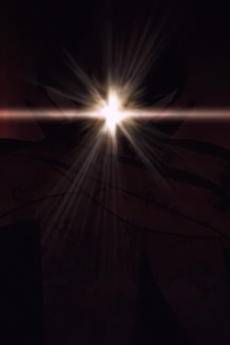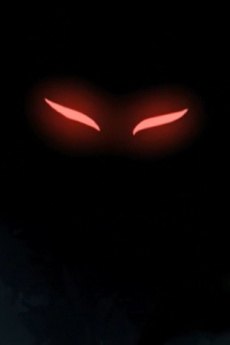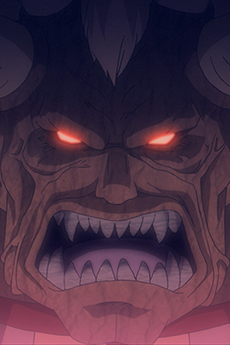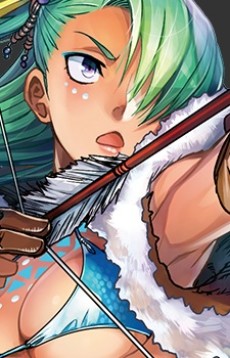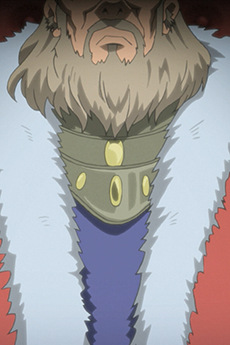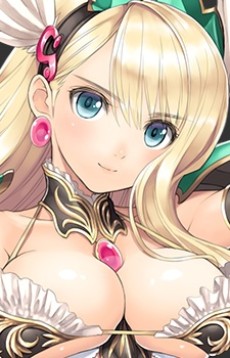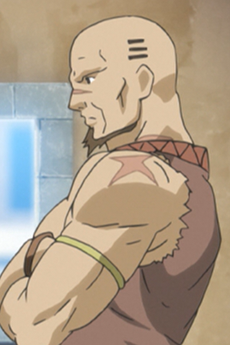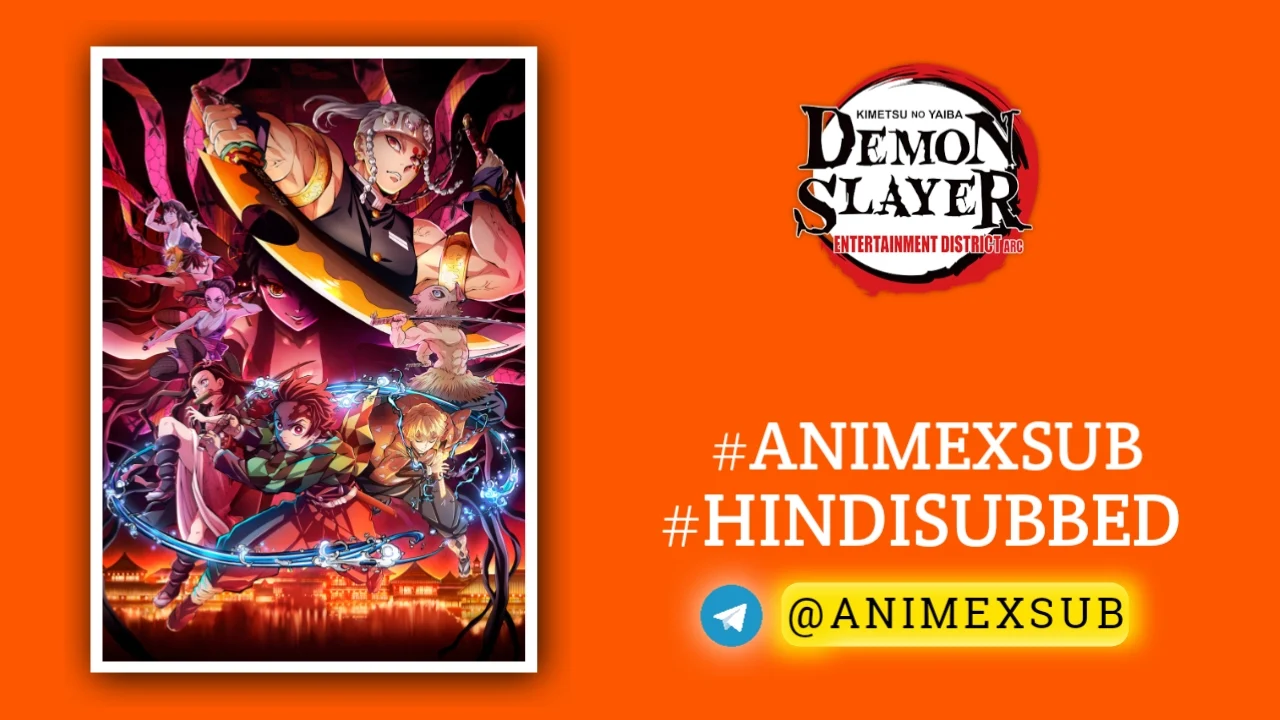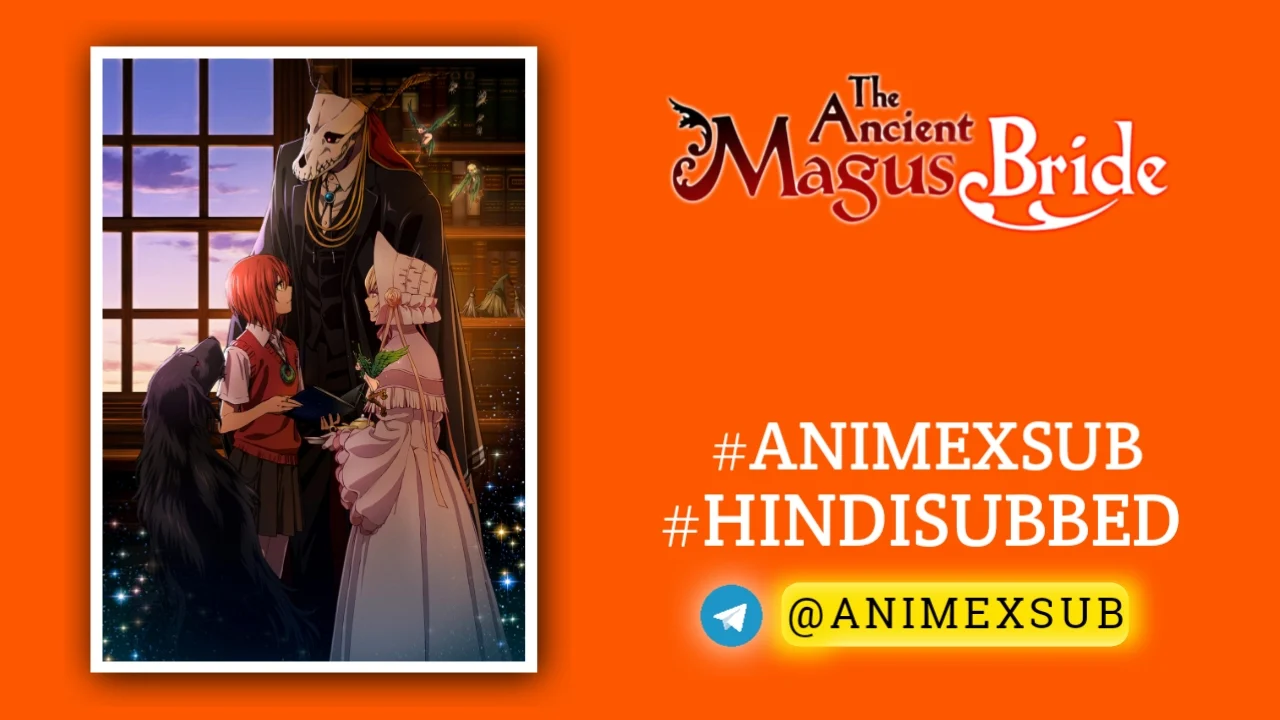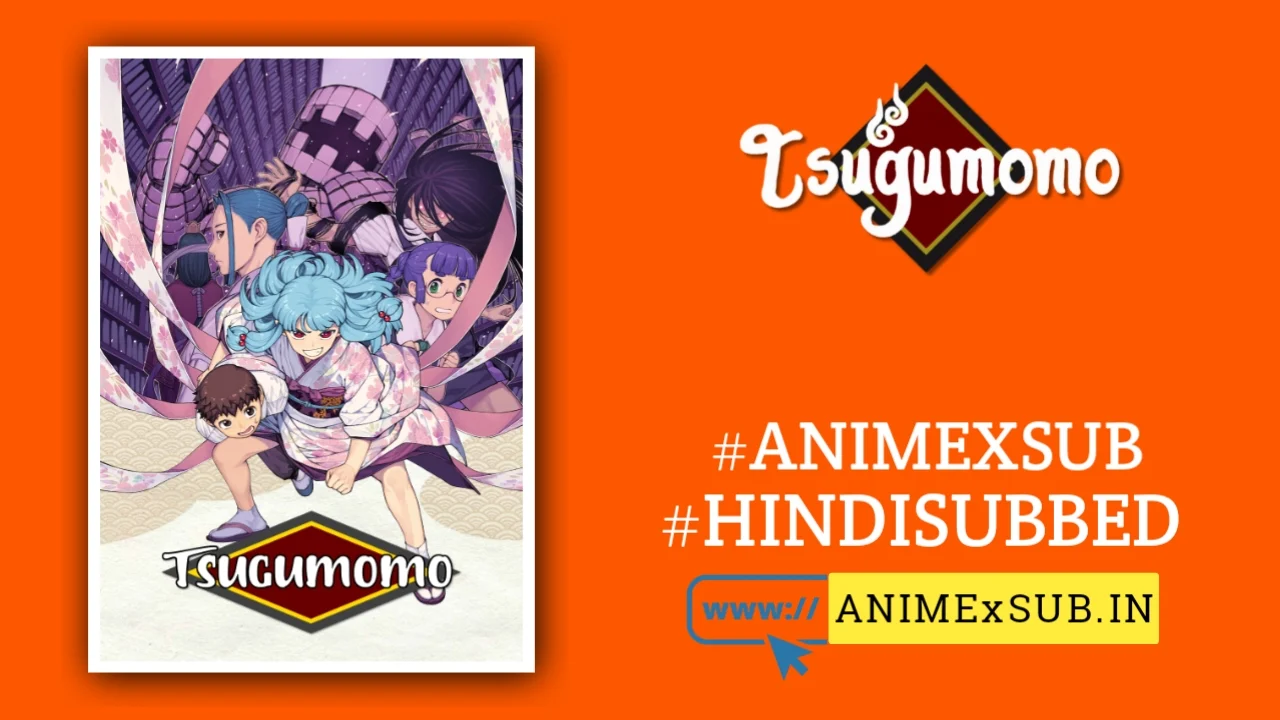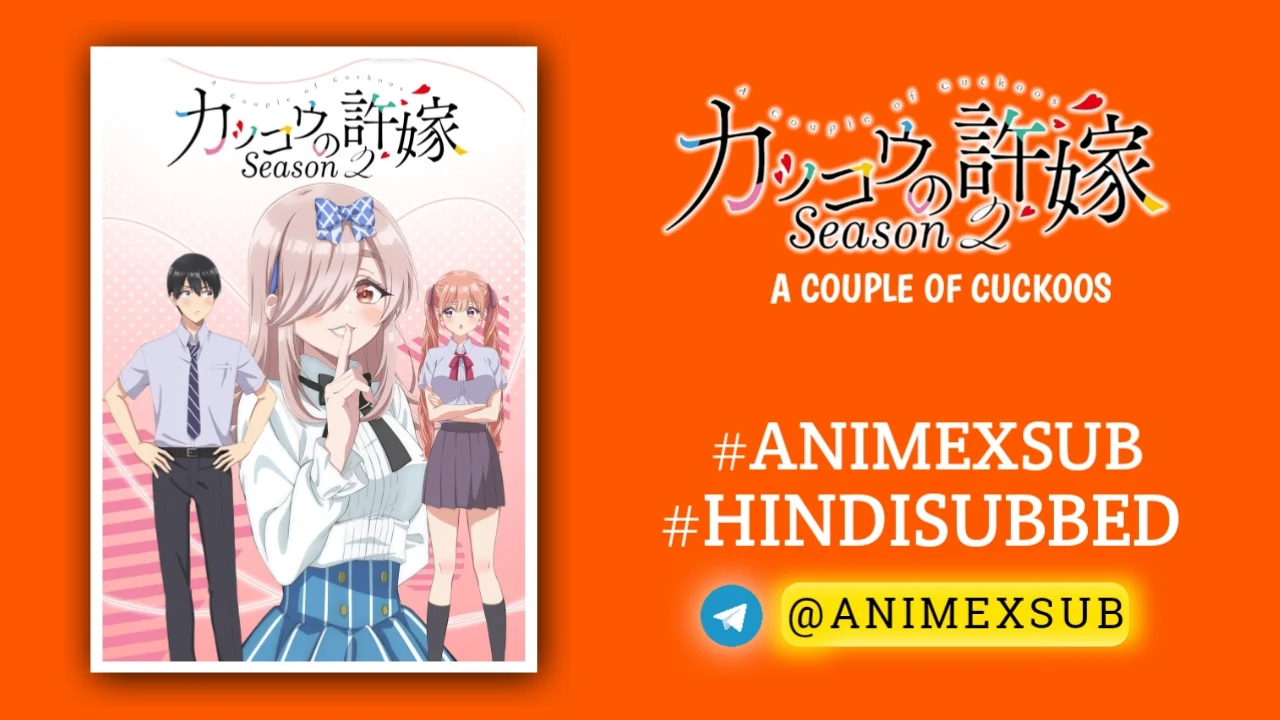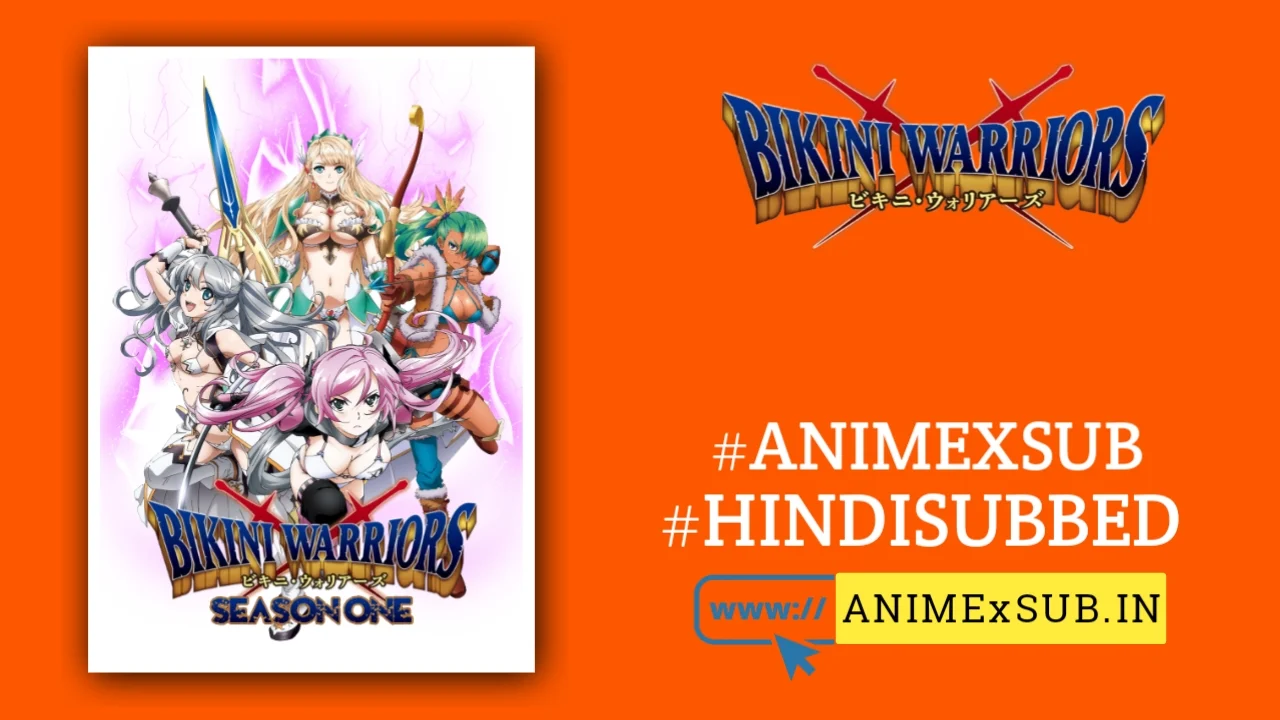
Bikini Warriors Hindi Subbed [12/12] + [1/1] Ova {Complete}
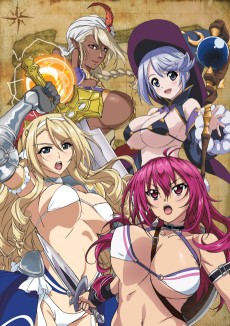
BIKINI WARRIORS
Bikini WarriorsSynopsis
Set in a an RPG-style world with swords and magic where adventurers form a party to challenge the demon king's right to rule, adventurers all have beautiful breasts, enormous breasts, and bikini armor!! (Source: Anime News Network)
Characters
Bikini Warriors Season 1: A Satirical Spin on RPG Tropes and Ecchi Excess
Bikini Warriors Season 1, a 2015 anime produced by Hobby Japan, is a peculiar beast in the landscape of fantasy anime. Clocking in at just 12 episodes, each a mere four minutes long, this series is a bold, unapologetic dive into the intersection of role-playing game (RPG) satire and ecchi indulgence. It’s not a show that aims for depth or emotional resonance, but rather one that revels in its absurdity, poking fun at genre conventions while leaning hard into its provocative aesthetic. This review explores what makes Bikini Warriors a unique, if polarizing, experiment in anime storytelling, dissecting its strengths, weaknesses, and the niche it carves out for itself.
The Premise: Bare-Bones Fantasy with a Wink
At its core, Bikini Warriors follows a quartet of female adventurers—Fighter, Paladin, Mage, and Dark Elf—on a quest to defeat a demon lord in a generic high-fantasy world. The catch? They’re clad in barely-there bikini armor, a nod to the impractical character designs often found in RPGs and fantasy media. The show doesn’t pretend to be anything it’s not: each episode is a standalone vignette that highlights a specific RPG trope, from looting villagers’ homes to battling low-level monsters, all while the characters’ skimpy outfits defy physics and logic.
The brevity of the episodes shapes the show’s identity. With only four minutes per installment, there’s no room for intricate world-building or character development. Instead, Bikini Warriors thrives on quick, punchy humor and visual gags, using its limited runtime to deliver a concentrated dose of satire and fanservice. It’s a high-risk approach—too short to build narrative momentum, yet just long enough to leave an impression if the joke lands.
Strengths: Clever Satire and Nostalgic Nods
What sets Bikini Warriors apart from other ecchi-heavy anime is its sharp, self-aware humor. The show doesn’t just mock RPG conventions; it dissects them with surgical precision. For example, one episode sees the party casually rummaging through a villager’s home for items, a direct jab at the player’s habit of looting everything in sight in games like The Elder Scrolls or Dragon Quest. The villagers’ resigned acceptance of this behavior is both hilarious and oddly relatable for RPG fans, turning a familiar mechanic into a comedic setpiece. Another episode pokes fun at the absurdity of “ultimate weapons” that are more liability than asset, showcasing the show’s knack for exposing the ridiculousness baked into the genre.
The animation, while not groundbreaking, maintains a consistent quality that suits the show’s tone. Studio Feel and PRA handle the visuals with enough polish to make the fantasy world feel vibrant, even if it’s deliberately generic. The character designs, while overtly sexualized, are stylized to fit the exaggerated tone, with each heroine embodying a distinct RPG archetype. Fighter is the brash leader, Paladin the devout tank, Mage the aloof spellcaster, and Dark Elf the cunning rogue. Their interactions, though brief, carry a playful chemistry that keeps the episodes engaging.
The show’s use of censoring is another unexpected highlight. Rather than relying on lazy black bars or steam clouds, Bikini Warriors employs creative visual tricks—like strategically placed branches or conveniently timed hair flicks—to obscure nudity. This approach feels like a meta-commentary on the ecchi genre itself, acknowledging the audience’s expectations while playfully subverting them. It’s a small but clever touch that elevates the show beyond mindless titillation.
Weaknesses: Limited Depth and Niche Appeal
For all its wit, Bikini Warriors is hamstrung by its format and scope. The four-minute episodes, while effective for quick gags, prevent any meaningful character growth or narrative progression. The heroines are archetypes, not characters, defined by their roles rather than personalities or backstories. This lack of depth makes it hard to care about them beyond their comedic antics, and the show’s reliance on fanservice can feel repetitive, even in its short runtime. While the ecchi elements are part of the package, they occasionally overshadow the satire, risking alienation for viewers who aren’t on board with the genre’s excesses.
The show’s humor also has a narrow target audience. If you’re not familiar with RPG mechanics—grinding for XP, inventory management, or the absurdity of fetch quests—the jokes may fall flat. Similarly, the ecchi-heavy presentation is a double-edged sword. It’s integral to the show’s identity, poking fun at the hypersexualized designs of female characters in games, but it can feel gratuitous to viewers who prefer substance over style. The balance between satire and fanservice is delicate, and Bikini Warriors doesn’t always get it right, occasionally leaning too hard into the latter at the expense of its cleverness.
Themes and Subtext: A Deconstruction of Fantasy Norms
Beneath its flashy exterior, Bikini Warriors offers a subtle critique of the tropes it parodies. The bikini armor itself is a running gag, highlighting the absurdity of female characters in fantasy media being dressed for allure rather than combat. By exaggerating this to the point of parody, the show invites viewers to question why such designs are so prevalent in games and anime. It’s not a deep philosophical treatise, but it’s a smarter commentary than you’d expect from a show with such a provocative title.
The series also toys with the idea of heroism in RPGs. The heroines are competent adventurers, but their quests are often mundane or comically futile, reflecting the repetitive nature of side quests in games. This subversive take adds a layer of irony: these scantily clad warriors are simultaneously empowered and absurd, capable of slaying monsters but constantly undermined by their impractical attire or the whims of the game-like world they inhabit.
Cultural Context and Reception
Bikini Warriors emerged during a period when ecchi anime was both thriving and polarizing. Shows like High School DxD and Monster Musume were pushing the boundaries of fanservice, and Bikini Warriors fits snugly into this trend while carving out its own niche through its RPG focus. Its short-form format was also a product of its time, as anime like Teekyu and Aiura experimented with micro-episodes to deliver quick, digestible content.
Reception was predictably mixed. Fans of ecchi and RPGs appreciated the show’s humor and nostalgic references, with some praising its ability to pack so much into four-minute bursts. Critics, however, often dismissed it as shallow or exploitative, arguing that the fanservice overshadowed its satirical potential. On platforms like Anime-Planet, user reviews highlight the show’s polarizing nature, with some calling it a guilty pleasure and others decrying its lack of substance.
Why It Stands Out
What makes Bikini Warriors Season 1 unique is its refusal to take itself seriously while still delivering a cohesive, if niche, experience. It’s not trying to be Attack on Titan or Fullmetal Alchemist; it’s a love letter to RPG fans who can laugh at the genre’s quirks and a tongue-in-cheek jab at ecchi conventions. The short episodes ensure it never overstays its welcome, and the clever writing keeps it from devolving into pure exploitation. It’s a rare show that knows exactly what it is and leans into it without pretense.
Compared to other fantasy anime, Bikini Warriors feels like a side quest rather than an epic campaign. It’s not competing with the likes of Konosuba, which blends parody with a more developed narrative, or Goblin Slayer, which takes a darker approach to RPG tropes. Instead, it occupies a weird, wonderful space where brevity and absurdity reign supreme. For viewers who can embrace its quirks, it’s a refreshing palate cleanser in a genre often bogged down by sprawling plots.
Final Verdict: A Niche Gem with Flaws
Bikini Warriors Season 1 is a polarizing but undeniably unique entry in the anime landscape. Its sharp satire and nostalgic RPG references make it a delight for gamers with a sense of humor, while its unabashed ecchi aesthetic ensures it won’t be everyone’s cup of tea. The short episodes are both a strength and a limitation, delivering bite-sized laughs but little room for depth. If you’re looking for a quick, irreverent romp that pokes fun at fantasy tropes while embracing its own ridiculousness, Bikini Warriors delivers in spades. Just don’t expect a profound narrative or fully fleshed-out characters—this show is all about the journey, not the destination.
Rating: 7/10
Best For: RPG enthusiasts, ecchi fans, and anyone who enjoys quick, self-aware comedy.
Skip If: You’re looking for deep storytelling or dislike fanservice-heavy anime.
Support Our Anime Community!
Love watching the latest anime? Help us keep uploading new episodes by join telegram channel ❤️
Join Now!